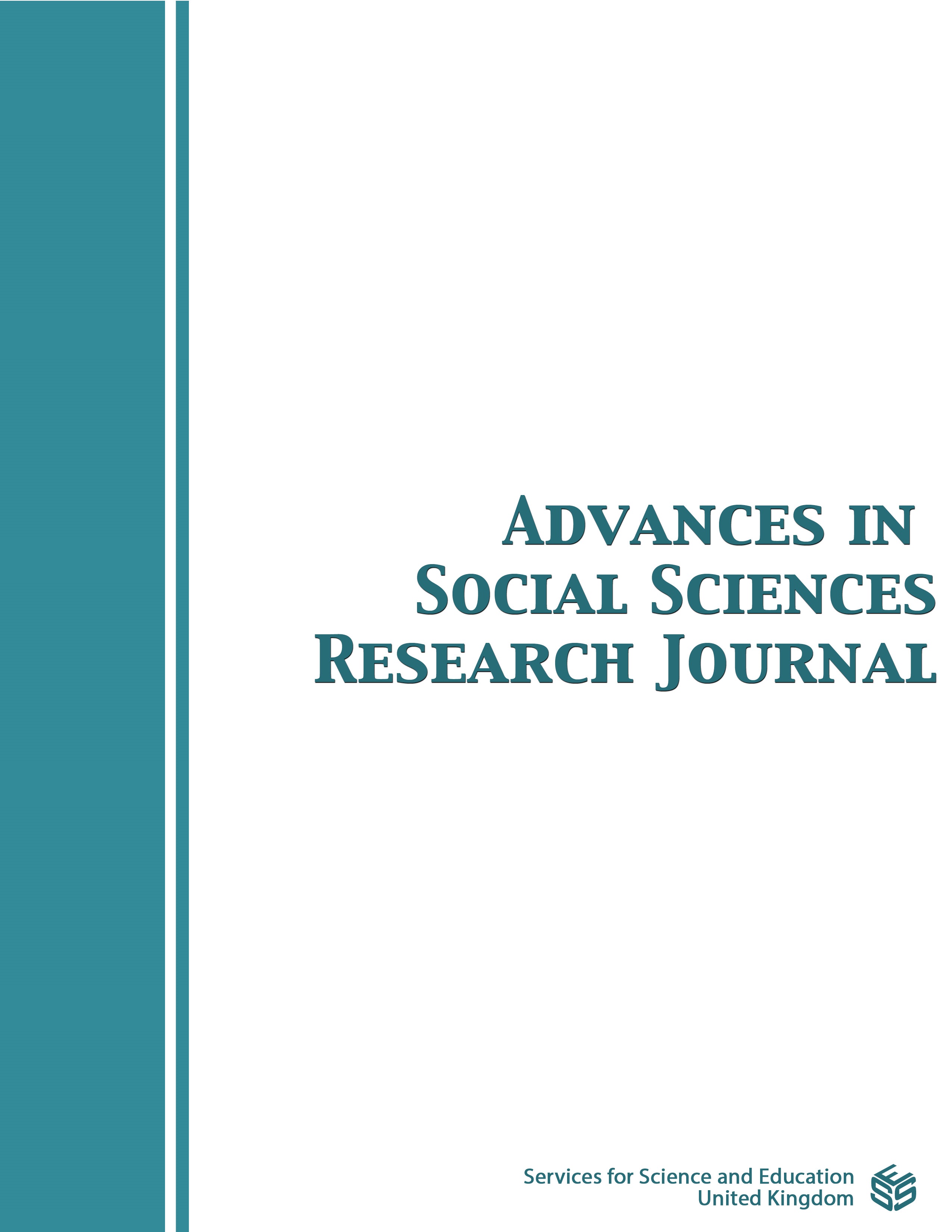Household food security access, and amidst Covid-19: a study case in Equatorial Guinea
DOI:
https://doi.org/10.14738/assrj.810.10840Keywords:
food security access, food, Equatorial GuineaAbstract
Food is of primary importance for households. Equatorial Guinea (EG) has progressed much in income growth but less in living standard, which includes food security. To situating food–insecurity prevalence in EG, this paper researches household food security-access, and its link-cause to agriculture–considering the Covid-19– using the Household Hunger Scale (HHS). On the data, we surveyed 400 households, imparted in EG rural and urban areas of Bioko Island and the mainland. The results reveal a 2.4 mean for both rural and urban Bioko, placing households at moderate hunger level. On the mainland, rural scores 3.21 (the area most affected), yet falling in moderate hunger level; while the urban scores best 0.64 and stands in the food-safe zone. It derives that diet is rather monotonous and embrace–mainly– carbohydrates rice, bread, cassava, and plantain. A focus on boosting the productivity of staples is paramount for Food security and even national security.
Downloads
Published
How to Cite
Issue
Section
License
Copyright (c) 2021 Emilio Edu Nguema Osea, Wang Jian

This work is licensed under a Creative Commons Attribution 4.0 International License.
Authors wishing to include figures, tables, or text passages that have already been published elsewhere are required to obtain permission from the copyright owner(s) for both the print and online format and to include evidence that such permission has been granted when submitting their papers. Any material received without such evidence will be assumed to originate from the authors.






